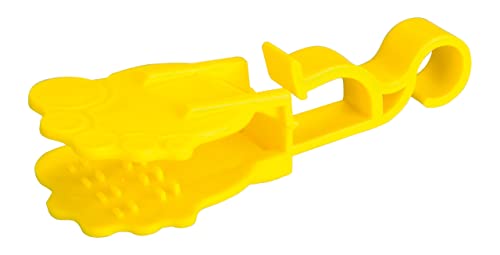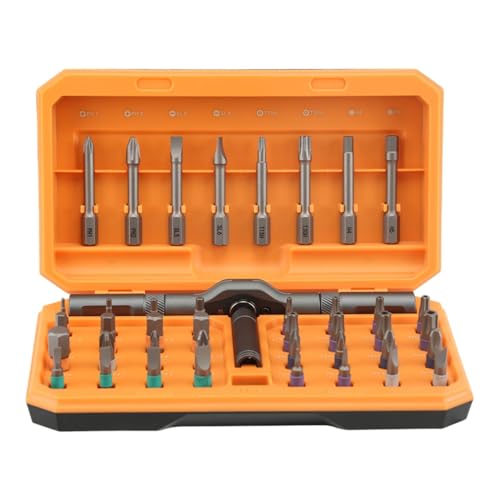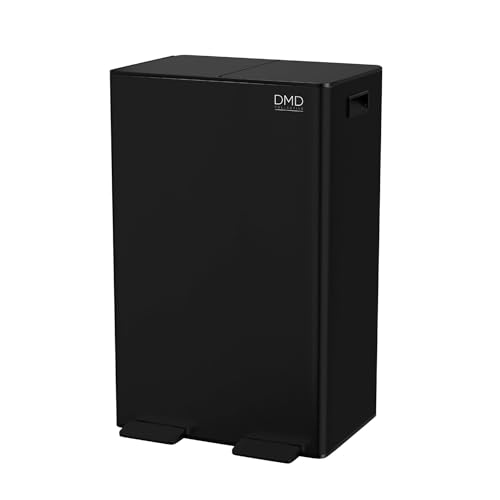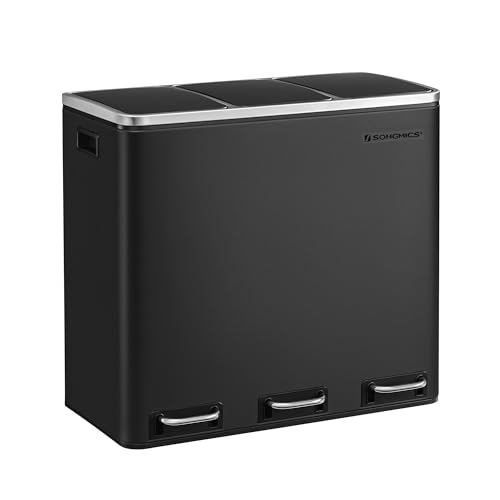Understanding the Basics of Beginner Guitars: What You Need to Know
What Makes a Beginner Guitar?
When we talk about beginner guitars, we’re referring to instruments that are designed with new players in mind. These guitars are typically more affordable, easier to handle, and offer a decent sound quality that allows you to enjoy playing right from the start. They are made from lighter materials and have a more comfortable neck, making it easier for beginners to press down the strings and learn chords without excessive strain. It’s important to consider that a good beginner guitar should inspire you to play, helping you develop your skills without the frustration of a difficult-to-use instrument.
Key Features to Look For
As potential new guitarists, there are several features we should keep an eye on when selecting a beginner guitar. Look for a guitar with a comfortable body shape that suits your playing style; if you want to play while sitting down, a smaller body guitar might be more suitable. The neck should be slim enough for your hands to reach around it easily, especially when you are learning to fret notes. Lastly, consider the tuning stability—guitars that hold their tune well will help provide a better learning experience.
Choosing Your First Guitar: Acoustic vs Electric
Understanding Acoustic Guitars
Acoustic guitars are a fantastic choice for beginners. They are versatile and can be played anywhere without the need for extra equipment like amplifiers. They offer a warm, rich sound that doesn’t require electricity, making spontaneous playing enjoyable. If you dream of singing along or playing in a casual setting with friends, an acoustic guitar is likely to be your best bet.
Exploring Electric Guitars
On the other hand, electric guitars might appeal more if you have an interest in rock, pop, or blues music. These instruments require an amplifier, but they provide greater possibilities in terms of sound manipulation. Electric guitars are generally easier to play, as the strings are lighter and the necks are narrower. If you find yourself drawn to more complex solos or iconic electric riffs, going for an electric guitar could be the right call.
Essential Accessories for Beginner Guitarists: What to Buy
Must-Have Accessories
When we start our journey as guitarists, it’s easy to overlook the importance of accessories. A good quality tuner is essential to ensure your guitar is always in tune, which is crucial for developing your musical ear. We’ll also want to invest in a comfortable strap to play while standing and maybe a capo, which allows us to change the key of the song easily. A decent guitar case or gig bag is important for protecting your instrument when traveling.
Expanding Your Toolkit
Once we’ve got the basics down, we might consider expanding our toolkit with items like picks, a string winder, and cleaning supplies. Picks come in various thicknesses, and experimenting with different types can help us discover what feels best for our style. A string winder saves us time when we need to change strings, and cleaning supplies keep our guitar in pristine condition over time.
Tips for Learning and Practicing: Setting Yourself Up for Success
Establishing a Practice Routine
To become proficient at the guitar, we need to create a consistent practice routine. Carving out dedicated time each day, even if it’s just for 15-30 minutes, can lead to substantial improvement. Incorporate exercises that build finger strength and dexterity, along with learning new chords and beginner songs that excite you.
Finding Resources for Learning
There are countless resources available for learning the guitar. From online tutorials and videos to instructional books, we have many options to suit our preferred learning style. Joining a local beginner’s class or finding a teacher can provide valuable personalised guidance while keeping our motivation high.
Frequently Asked Questions About Buying Your First Guitar
How Much Should I Spend on My First Guitar?
When it comes to budget, we suggest aiming for a price range that won’t break the bank but still provides quality. A beginner guitar, whether acoustic or electric, can be found between £150 to £400. This price range balances affordability with quality enough to help you develop your skills.
Do I Need Lessons to Learn?
While lessons can be immensely helpful, they aren’t strictly necessary. Many successful musicians are self-taught, utilising online resources and practising diligently. If we feel more comfortable with direct guidance, investing in lessons could accelerate our learning journey.
































